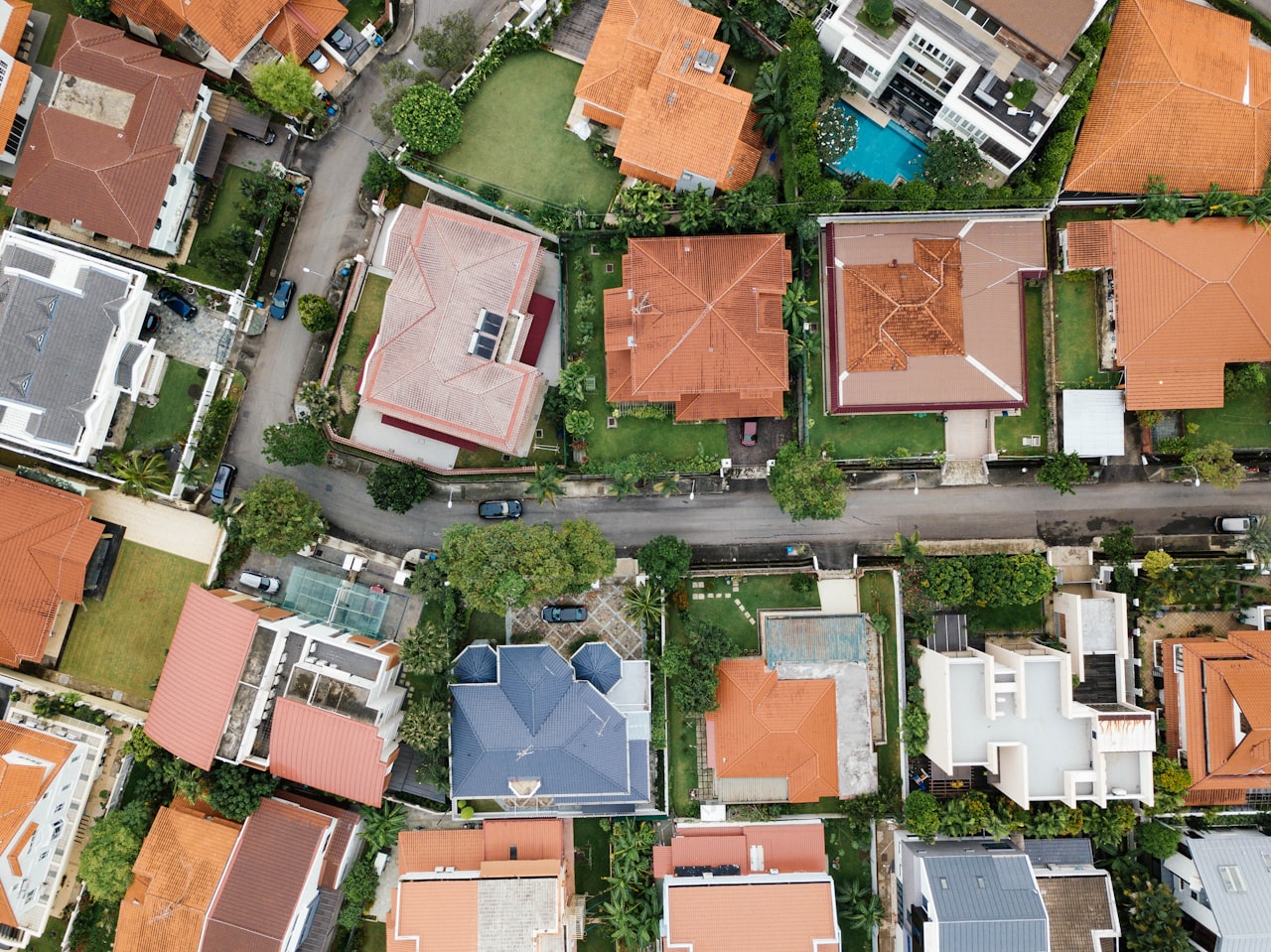6 ways the value of probate real estate is determined?
Probate

Probate

Property condition: The condition of the property can significantly impact its value. Factors such as the age of the property, necessary repairs or renovations, and overall upkeep are taken into account when determining its value.
Appraisal: An independent assessment is often conducted by a licensed appraiser. They assess the property's condition, location, size, features, and recent sales of comparable properties. The appraiser provides an estimated market value based on their evaluation.
Market analysis: A real estate agent or broker may also provide market analysis, considering recent sales of similar properties in the local area. This analysis helps determine the property's potential value based on current market conditions.
Location: The property's location plays a crucial role in its value. Factors such as the neighborhood, proximity to amenities, schools, transportation, and local market trends can affect its desirability and, subsequently, its value.
Probate-specific considerations: Depending on the jurisdiction, additional factors may influence the valuation of probate real estate. These could include the requirement for court approval, an accounting of the property's value, or the involvement of a probate referee or administrator who assists in the valuation process.
Dorsey's Realty Disclaimer: It's important to note that the specific process and requirements for determining the value of probate real estate can vary depending on the jurisdiction and the probate laws in place. Seeking guidance from a qualified attorney or real estate professional with experience in probate matters is advisable to ensure compliance with local regulations and to accurately determine the property's value.
Stay up to date on the latest real estate trends.

Blog
Probate Sale in Prince George's County

Executor
Probate in Prince Georges County, Maryland

Blog
Below market value

Blog
Off market probate properties "Investor Edition"

Blog
Expecting delays in probate court process

Blog
Selling a probate home

Blog
Probate Property : Heirs vs the Estate

Blog
Estate Plan

Blog
Distrubute Property among heirs in Maryland
The Dorsey's provide “Experience, Honesty, Connection, and Trust”